Tree City Eyecare Blog
Learn more about optometrist care in our blog!

Contact lenses are a popular vision correction option, but not all lenses work the same way. While regular soft or rigid gas permeable (RGP) contact lenses meet the needs of many patients, some eye conditions require a more advanced solution. Understanding the differences between scleral lenses and regular contact lenses can help you determine which option may be right for your eyes and your lifestyle.
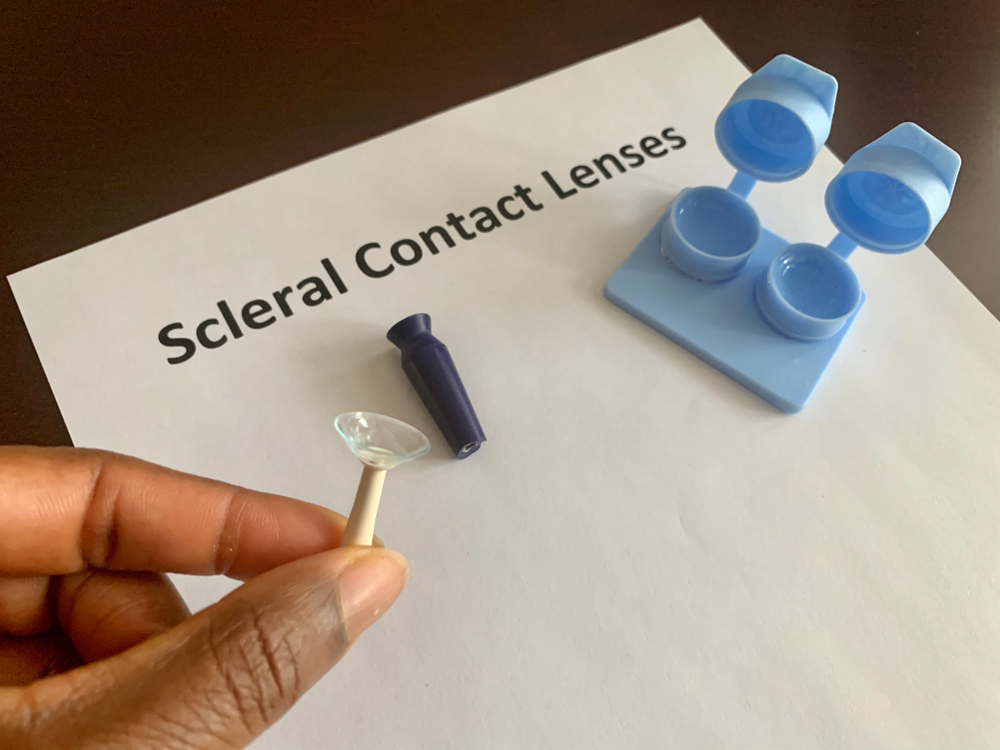
If you’ve struggled to see clearly or comfortably with traditional glasses or contact lenses, scleral lenses may be an excellent option. These advanced specialty contact lenses are designed for people with complex vision needs or sensitive eyes who haven’t found success with standard lenses. At Tree City Eyecare, we often recommend scleral lenses for patients seeking sharper vision, improved comfort, and healthier eyes.
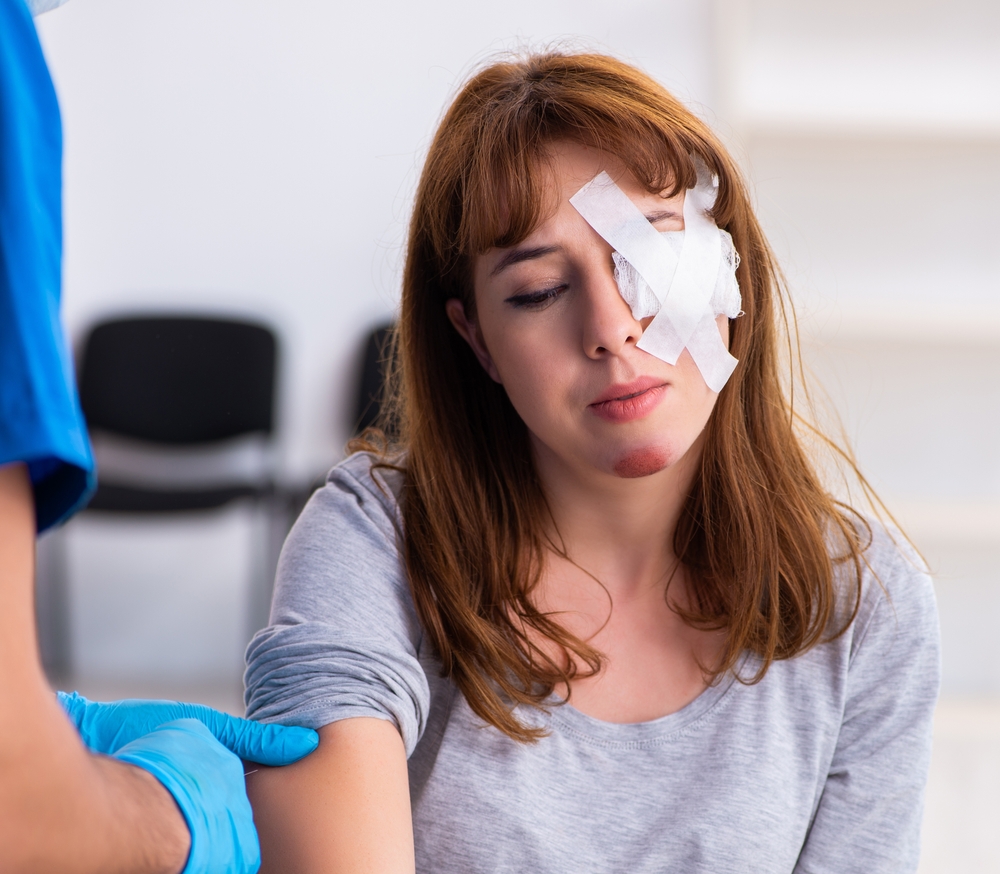
Your eyes are delicate, and when something goes wrong, it can be difficult to tell whether the issue requires immediate care or if it can wait for a regular appointment. At Tree City Eyecare, our eye doctor in Boise provides both routine and emergency eye care in Boise to help protect your vision and eye health when it matters most.

In today’s digital age, children are spending more hours than ever on tablets, computers, and smartphones. While these devices are part of everyday life for learning and fun, many parents are concerned about how constant screen time may affect their child’s eyes.
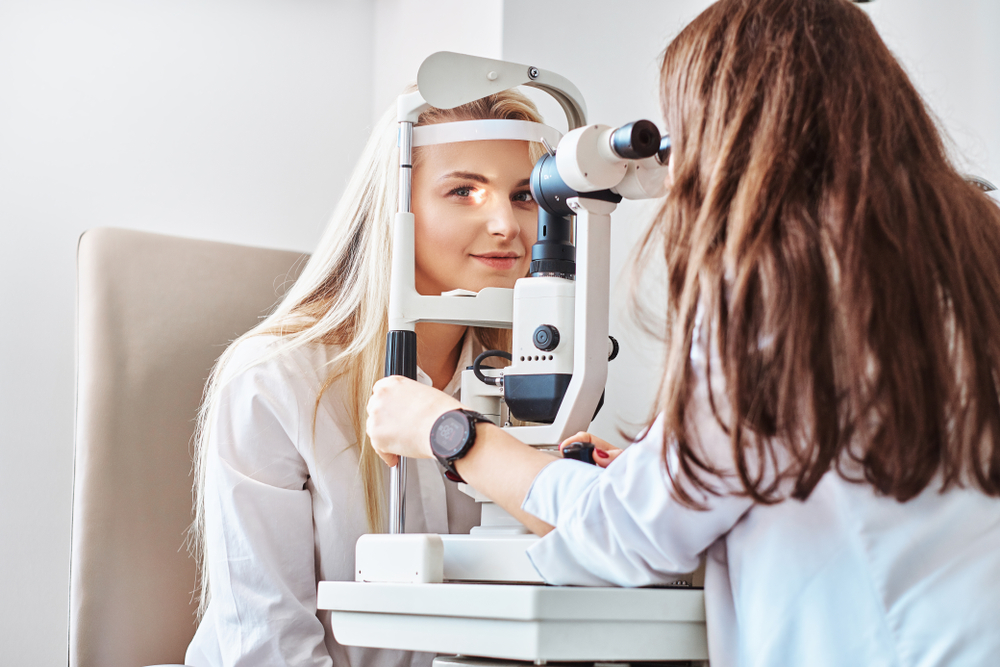
When was the last time you had a full eye exam? Many people assume that if they’re seeing clearly, their eyes must be healthy - but that’s not always the case. At Tree City Eyecare, we provide comprehensive eye exams that go far beyond checking your prescription.

Wearing contact lenses is a convenient and often life-changing experience for those who need vision correction but don’t want to rely on glasses.
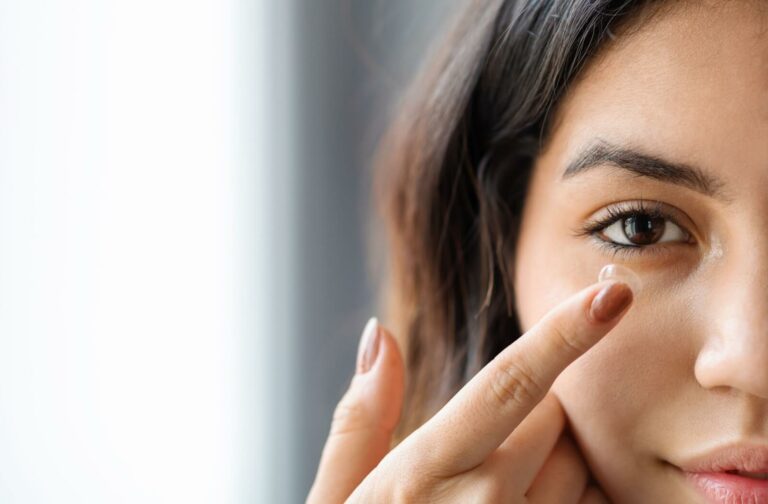
Contact lenses are a popular alternative to eyeglasses, offering convenience, a wider field of view, and in some cases better vision correction. However, not all contact lenses are created equal.
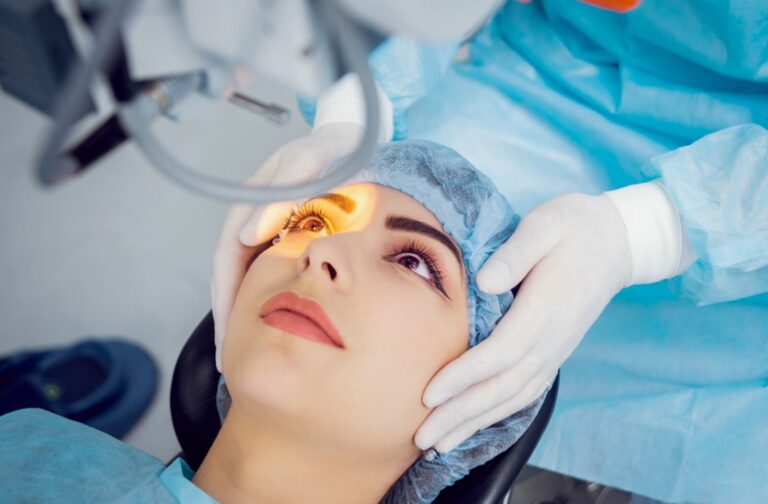
Laser eye surgery has become an increasingly popular option for those looking to reduce their daily reliance on glasses or contact lenses. The procedure offers a chance at permanent vision correction, but it comes with many questions for those who may be interested.
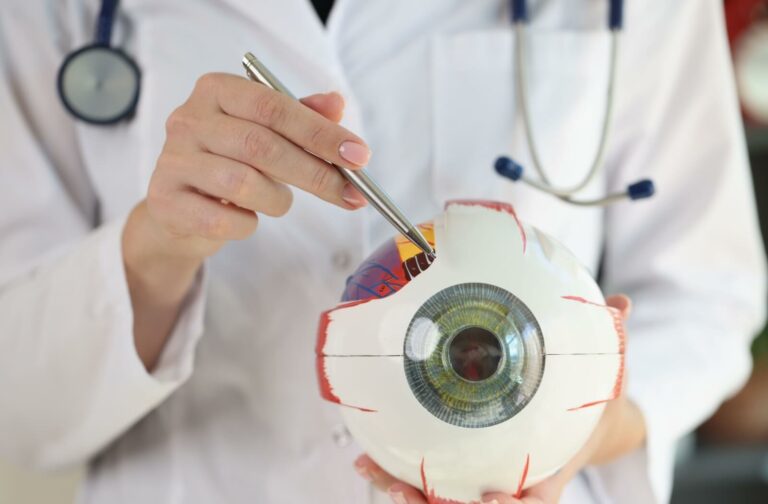
Comprehensive eye exams go beyond assessing your vision; they also evaluate the health of your eyes. These exams can detect not only the onset of ocular diseases, but also general health conditions.

Ever felt the sting of chlorine in your eyes after a swim? Now imagine that discomfort trapped under a contact lens, along with bacteria and chemicals. Swimming with contact lenses might seem convenient, but it can expose your eyes to harmful microorganisms and chemicals that lead to serious issues, from painful infections to vision-threatening corneal ulcers.




